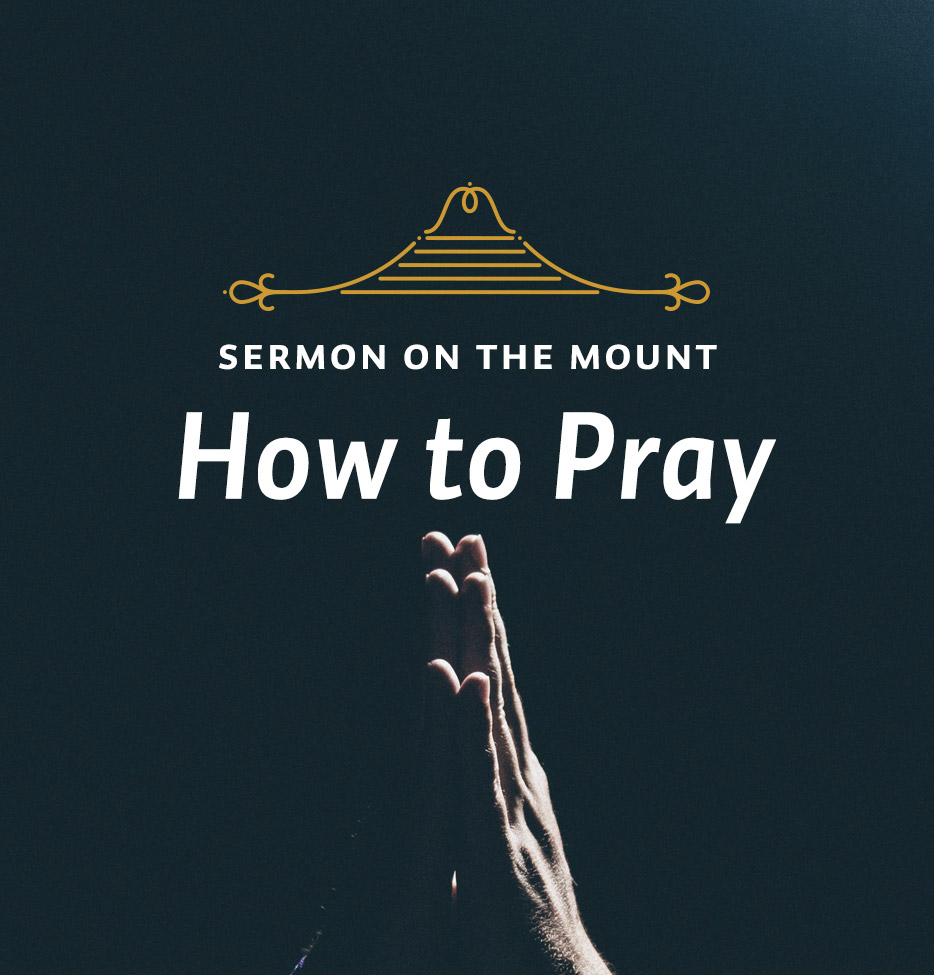Perhaps you have met some Christians who believe that it is hardly necessary to pray. They may tell you that everything is in God’s hands, and that He does what He wants to do whether or not you pray about it. And on the other hand, you may have met others who tell you that almost everything is contingent upon prayer, and that God will do very little unless you ask for it.
This has been a problem not only for lay people, but also for theologians. There’s an interesting story that concerns John Wesley, the great Arminian evangelist, and his good friend George Whitefield, the Calvinistic evangelist. Now Whitefield, being a Calvinist, believed that all things were in God’s hands. And Wesley, as an Arminian, thought that a great deal depended upon him. This was reflected in their prayer life. They were engaged together in an evangelistic series once, and after working all day long, and preaching many times (beginning early in the morning), they came home late at night, had dinner, and then went to bed in the same room where they were staying in a boarding house.
Before they went to bed each knelt down beside the bed to pray. Whitefield the Calvinist prayed something like this: “Oh, God our Father, we thank you that all that we do is in Your hands, and we commit to Your hands all that we’ve done this day. Do bless and direct according to Your own perfect will. Amen.” And then, because he was tired, he got up from his knees and went to bed.
Now Wesley was still on his knees beside the bed, and he had hardly gotten past the invocation in that amount of time. So he looked up from beside the bed and said, “Mr. Whitefield, is that where your Calvinism leads you?” And then he put his head down and went on praying. Whitefield went to sleep, but several hours later, he woke up and there was Wesley still on his knees beside the bed. So he got up out of the bed and he went around to where Wesley was, and he touched him on the shoulder. Wesley was asleep. And Whitefield said to him, “Mr. Wesley, is this where your Arminianism leads you?”
Well, I tell this story to make this point: Prayer is a difficult subject for everyone, and therefore everyone is vitally connected with it. Perhaps you are somewhere in between Whitefield and Wesley. No doubt you believe that God is indeed in charge of things and is accomplishing His own purposes, but you also believe that He responds to your prayers and, in fact, even urges you to pray to Him. Unfortunately, you may be confused and uncertain about prayer. You wonder how you should pray, what you should pray for, and sometimes, I suppose, whether you should even pray at all.
I have heard people say things like this:
“I don’t pray much because I don’t go to church much. A person should be in church to pray.”
“Prayer is for weak, insecure people.”
“I pray when I’m desperate.”
People ask me when they should pray and how they should pray. Sometimes they even ask, “Why should I pray?” Well, it’s with questions like these that we want to deal, and many of them are answered when we realize that prayer is basically talking with God. Therefore it should be as natural for us to pray as for a child to come to his parents for guidance, for consolation, help, or merely sharing the day’s experiences. If you are a child of God—as the Bible says you are if you have admitted that you are a sinner, believed on the Lord Jesus Christ as your Savior, and committed yourself to Him—then there need be no restrictions on the time, place or manner in which you speak to Him.






